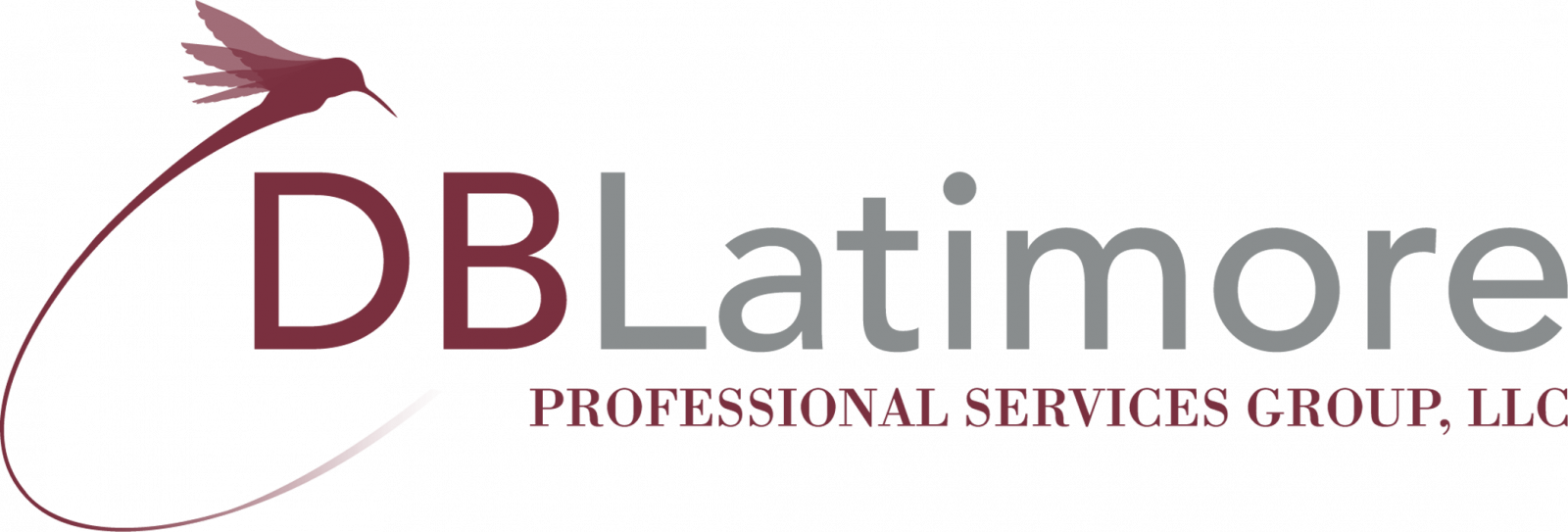“Take your life into your own hands and what happens? A terrible thing: no one to blame.”
—Erica Jong
In the following three scenarios what do the people have in common?
Josie is a woman in her twenties. She still lives at home with her mother who makes all Josie’s important decisions: how to spend her money, who to go out with, even what clothes to wear. Josie is anxious and depressed.
Matt ordered a new printer for his office. When it arrived he discovered it wasn’t compatible with his computer. “Those idiots,” he ranted, “why didn’t they tell me this was the wrong printer?”
Sally and Jerry had a big fight. Now Sally’s tossing and turning in the bedroom while Jerry beds down on the sofa. No one is getting any sleep and both think the other should make the first move to apologize.
If your answer was “Hey, no one is taking any personal responsibility here,” you’ve got a good eye for human behavior.
Because what Josie and Matt and Sally and Jerry all have in common is a lack of self-responsibility and accountability that leaves them dependent, impotent and victimized. They’re caught up in blaming others for their problems and waiting for somebody else to come along and make their life right. Unfortunately, they’re going to have a long wait because, in the words of self-esteem expert Nathaniel Branden, “No one is coming.”
This is the good news. Your life is in your hands. You get to make the choices, elect the options and take the actions that come with self-responsibility and accountability. It’s through the door of self-responsibility and accountability that personal power and independence enter, often hand-in-hand, bearing gifts of confidence and self-esteem.
Be clear though, self-responsibility and accountability is not the same as feeling responsible or accepting the blame for bad things that have happened or situations that are painful. We don’t all enter the world with the same trappings, and people, events or circumstances have wreaked trauma and caused wounds from which many are recovering. Self-responsibility and accountability means that when you have worked through your grief or anger or other issues, you can ask yourself: Now what am I going to do? What options do I have?
At the other end, self-responsibility and accountability doesn’t mean becoming so self-reliant you don’t ask for help when you need it or seek others’ opinions or points of view. And it certainly doesn’t mean you have to know everything, make every decision alone or take on the world single-handedly.
Rather than a heavy burden, self-responsibility and accountability can be a source of joy. Knowing you can create the life you want by accepting responsibility for yourself is a great freedom. Even saying the words aloud can produce a feeling of power and strength. Try it.
• I am responsible for my choices and actions
- I am responsible for my health and well-being
- I am responsible for my financial security
• I am responsible for how I use my time
• I am responsible for my behavior and communication with others
• I am responsible for achieving my desires, dreams and wishes
• I am responsible for the work I do and the quality I bring to that work
• I am responsible for the values I live by and standards I set
Granted, saying the words out loud can be a little scary and intimidating as well and empowering. Accepting and acting out of self-responsibility and accountability isn’t like falling off the proverbial log; it’s not that easy. It takes practice and working through and making mistakes and falling back and finding yourself in a place you didn’t want to be again. But that’s the thing about personal growth; the place to start is where you are.
Author’s content used under license, © 2008 Claire Communications


